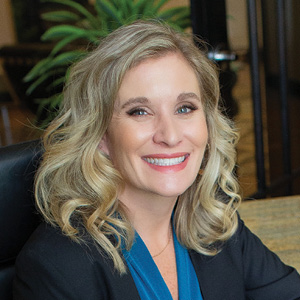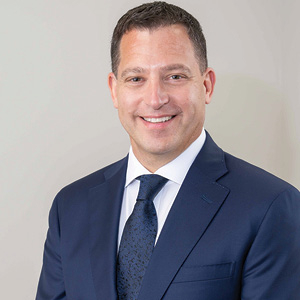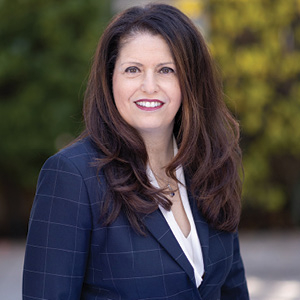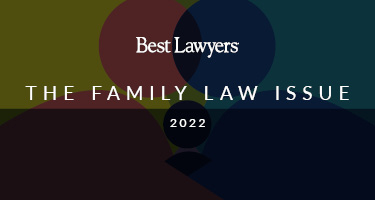While Arizona judges had been making some parenting decisions in family law cases for many years, that recently shifted due to recent Arizona Court of Appeals decisions that have far reaching impacts on parents that cannot agree on decisions concerning their children.
In the past family law judges could appoint professionals, particularly mental health professionals for children. The appointment orders often empowered that professional to self-reappoint, meaning they could be involved longer. This sometimes stretched to include providing therapy for either a parent or child, co-parenting therapists, interventionists and even parenting coordinators. New rules and the new rulings changed this long-standing authority and set new limits. The family law judge currently has no authority to appoint a treating professional for a child. That choice is for the decision-making parent.
In turning more power back to the parents, the high courts also clarified decision making orders and what powers the decision-making parent has. If a court order directs one parent to be the final decision maker only after good faith consideration of the views of the other parent and best efforts to reach consensus, it really is giving sole legal decision-making authority. In other words that parent makes the decisions about the child if they cannot agree. That is very different. In the past, parents may have gone back to family law court to get the judge to make a disputed decision. That strategy now has real risk.
For divorced or co-parenting parents, it is critical that they work to make joint decisions that are in the child’s best interest. It they cannot agree, or even if one parent is unreasonable, the judge may award one parent the right to make all decisions in one or more – or even ALL - specified categories. The categories include education, healthcare, mental healthcare, religious training, personal care decisions and other areas. Additionally, this may mean that parent could make decisions for the lifetime of that child. In other words, they are the final decision maker until that child is emancipated, which is typically at age 18.
What is unclear is whether or not a judge could parse out categories of decision making. For example, could a judge just empower a parent to make a school choice such as send the child to a charter school decision vs. making all education related decisions until the child turns 18? Could a judge just give empower a parent to select a mental health professional for just one issue or would it cover all mental health issues and treatment for that child from a toddler through teen?
These are all emotionally charged categories that parents may feel strongly – and differently – about what is the best for the child. Parental cooperation and informed decision making by both parents are almost always in the child’s best interest. Now it appears that it is also in the parent’s best interest.
PREVIOUSLY PUBLISHED on ABC15 SonoranLiving.com































